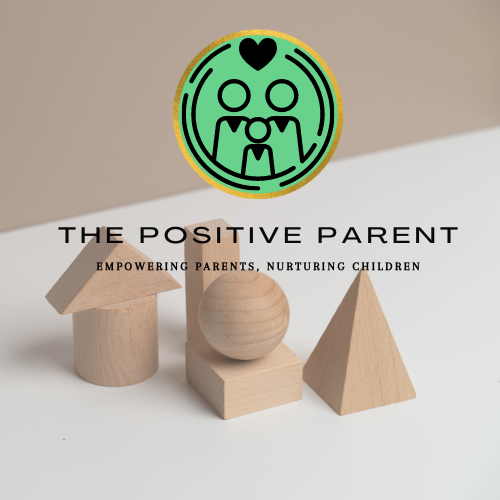Unleashing the Potential of Maternal Sensitivity: Creating Lifelong Bonds
Maternal sensitivity is one of the most significant and influential attributes a mother possesses on her journey to parenting. This natural ability to recognize and respond to a child's needs serves as the foundation for a secure and emotionally healthy upbringing. In this blog post, we look at the importance of maternal sensitivity, including its impact on child development, the research behind it, and practical techniques for moms to improve this important component of parenting.
Defining Maternal Sensitivity:
Maternal sensitivity is a mother's awareness of her child's emotional and physical needs. It entails reading cues, responding correctly, and providing comfort and support. This characteristic extends beyond addressing basic needs to include providing a safe and supportive environment in which the child can grow.
The Science of Maternal Sensitivity:
Developmental psychology research has consistently demonstrated that maternal sensitivity plays a critical role in molding a child's socio-emotional development. Babies and young children rely on their carers to help them regulate their emotions and build a sense of security. Maternal sensitivity encourages good parent-child bonding, which has long-term consequences for the child's mental health and well-being.
Impact on child development:
Maternal sensitivity influences several elements of a child's development, including emotional intelligence, cognitive capacities, and social skills. Children who receive sensitive care are more likely to build secure bonds, demonstrate higher self-regulation, and navigate relationships more easily. Understanding the enormous impact of maternal sensitivity encourages women to actively participate in their children's emotional well-being.
Cultivating Maternal Sensitivity:
There are practical activities that women can take to improve their maternal sensitivity. These are some examples:
a. Mindful Presence: Being present with your child in the moment, actively listening to and responding to their cues.
b. Empathy and Validation: Recognising and validating a child's emotions, assisting them in feeling understood and accepted.
c. Responsive Parenting: Attending to a child's needs, whether physical or emotional, promptly develops a sense of security.
d. Striking a balance between independence and support: Allowing children to explore and learn on their own while providing a supportive presence when needed.
Problems and Solutions:
Recognizing that each mother experiences unique challenges in developing maternal sensitivity, the key to success is self-awareness and ongoing progress. Addressing these problems, whether it's managing stress, seeking social support, or engaging in self-care, contributes to a mother's ability to be more alert and responsive to her child.
Maternal sensitivity is an important and dynamic component of effective parenting. Mothers can establish a nurturing environment that favorably promotes their child's development by acknowledging its value, appreciating the research behind it, and actively trying to improve this trait. Maternal sensitivity weaves the threads of connection and emotional resilience in the magnificent tapestry of motherhood, building ties that last a lifetime.
Mothers may optimize their child's development while also experiencing the joy and fulfillment that comes from developing strong, secure, and lasting ties by incorporating these ideas and practices into their parenting journey.
If you need help in your parenting journey find me at The Positive Parent to see how my services can help your family.





Comments
Post a Comment